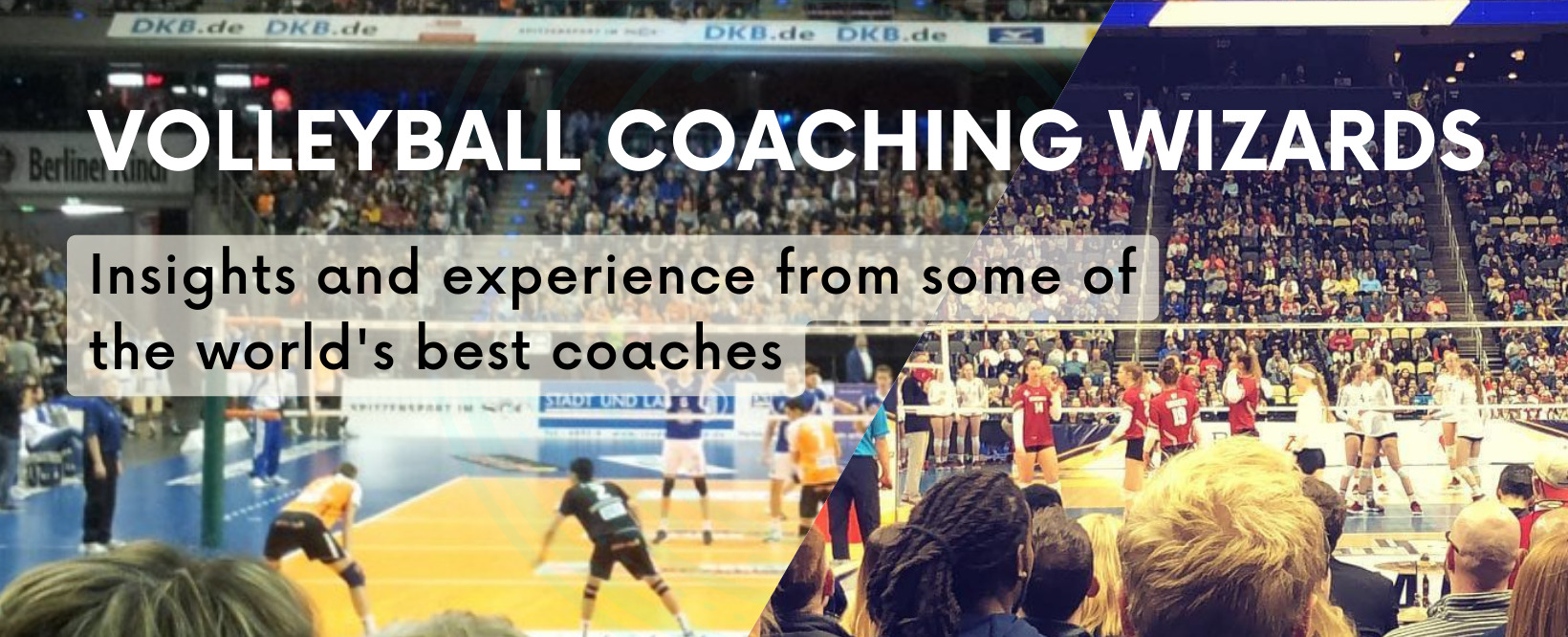In this excerpt from his Volleyball Coaching Wizards interview, Mick Haley shares some advice for coaches who are looking to potentially take their careers to the highest levels of coaching.
A 2006 AVCA Hall of Fame Inductee, Mick became the first coach of a non-West Coast team to win an NCAA Division I championship when he led Texas to the title in 1988. That wasn’t even his first national championship, though. Mick won a total of 6 junior college championships at Kellogg Community College between 1973 and 1979, amassing over 300 combined wins and earning himself a spot in the Junior College Coaches Hall of Fame. At Texas he won over 500 matches in 17 seasons during which the team won 13 conference titles and make 15 trips to the NCAA tournament. Mick coached the US Women during the 1997-2000 Olympic cycle, finishing 4th overall in Sydney. He has since been at the helm at the University of Southern California we he’s won 2 national championships and made six semifinals appearances, with well over 300 total wins to run his career tally north of 1000 in NCAA Division I alone.
